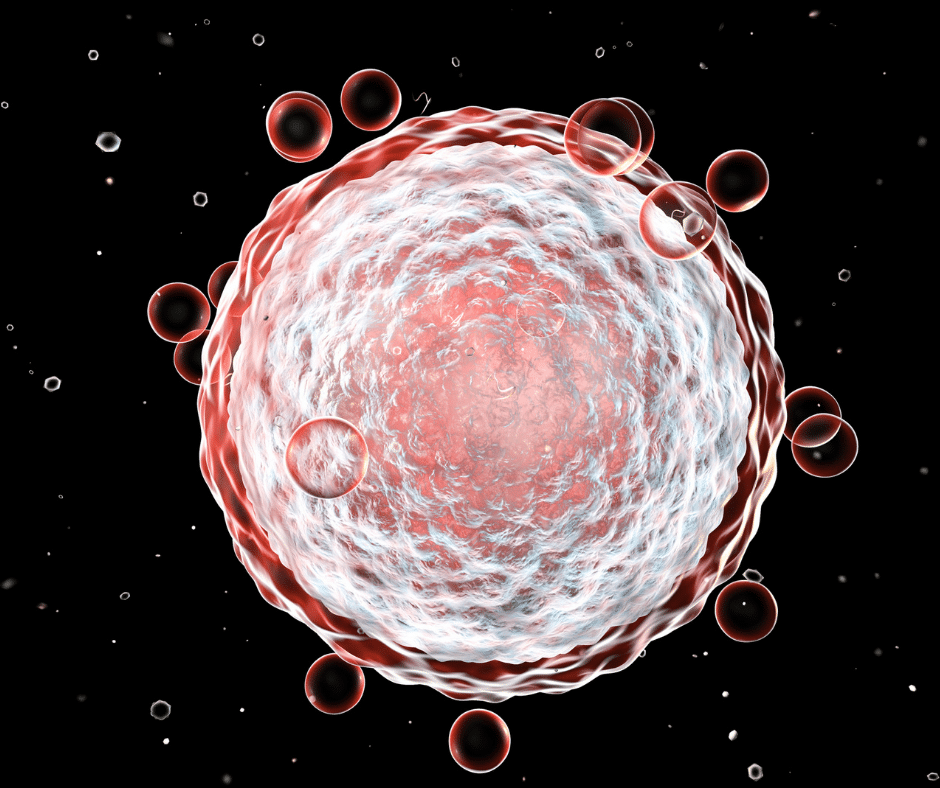Egg Donor IVF is a fertility treatment in which a donor provides an egg to an individual or couple, the recipient, that is unable to conceive a child on their own. Doctors fertilize the donated egg. The recipient then carries the embryo. There are many reasons egg donation is necessary. Several factors determine if egg donation IVF is necessary and appropriate. It is a highly successful and common option for individuals looking to become parents.
Why Egg Donation is Necessary
In-Vitro Fertilization is an option for individuals or couples who have difficulty conceiving. The process involves harvesting the mother's eggs, fertilizing them with the father's sperm, and then inserting the resulting embryos into the uterus. In some cases, eggs from the intended mother are unavailable. A donor egg is then necessary. Situations that require an egg donor include:
- Age-Related Infertility--This is most common in women over 40 years old. Egg quality diminishes as part of the aging process. As a result, harvesting enough eggs for traditional IVF is difficult. Post-menopausal women no longer produce eggs and also require a donor.
- Primary Ovarian Insufficiency - Also known as premature ovarian failure, this type of infertility occurs when a woman experiences menopause at an early age. This can occur due to hereditary or hormonal factors.
- Risk of Genetic Disease - A female with the risk of passing on a genetic disorder or hereditary disease may choose to conceive with a donor egg. This eliminates the risk of the recipient mother passing on a condition to her child.
- Cancer Treatment - Certain cancer treatments or surgeries lead to infertility. Women without ovaries but a functioning uterus may use a donor.
- Prior IVF failure - A donor egg is necessary if a woman has repeated or unexplained failure with prior IVF treatments.
- Congenital Abnormality - Women born without ovaries or who experience another reproductive abnormality require an egg donor.

Finding and Choosing a Donor
The recipient must select the donor once they decide to conceive using IVF with a donated egg. This is often the longest phase of the process. The donor needs to take fertility medication to increase their egg production. Donors may be:
- A friend or family member.
- An infertile couple that has chosen to share their frozen retrieved eggs. Oftentimes, couples that have successfully conceived have additional eggs they can make available for donation.
- An egg bank, which typically screens donors and has frozen eggs for donation.
- A donor agency, which typically matches donors to recipients. Matching the donor and recipient allows doctors to sync the harvesting, fertilization, and implantation between both women. This has a higher success rate than using frozen eggs.
- Found by the recipient through a search or advertisement. They must make sure the donor is properly screened. The recipient also makes the necessary legal arrangements regarding parental rights.
An egg bank will usually screen donors and secure necessary legal agreements. This makes the egg bank a more straightforward option for recipients. However, they may have long waitlists and high fees. It is also important to learn about the egg bank’s screening process and legal agreements before committing to a donor.
Donors must be properly screened whether recipients chose a donor they know or seek one out on their own. Recipients must also secure a legal agreement regarding rights to the child. This process may be shorter than an egg bank, but much of the logistical decisions rest with the recipient couple.

«Women who want to have children and who do not have their own egg reserves have the chance to become pregnant with an open, anonymous or known egg donation.»
The Criteria For Egg Donors
Regardless of how the donor was chosen, proper screening must precede a commitment for donation. Clinics and banks conduct a thorough screening process when selecting egg donors. They ensure that donated eggs are viable and likely to result in successful In-Vitro Fertilization. Evaluation of donors typically involves a physical examination that includes blood tests, drug screening, and ultrasound of the reproductive organs. Medical and psychological histories screen the donor's family health history for potential congenital defects or disease. Donors are also screened for inherited diseases.
Legal Considerations
Egg donation is often anonymous. An IVF clinic matches recipients and donors, they handle legal matters as part of the donation process. Whether or not the donor knows the recipient, it is best to secure a legal agreement to outline the donor's rights to the child. This should always be done once a donor is selected, but before any procedures begin. Oftentimes, recipients are financially responsible for the cost of the donation process as well as treating any side effects or complications the donor experiences.
The Procedure
The procedure for egg donation is similar to traditional IVF. The woman receiving the donor egg undergoes hormone treatments to prepare her body for the fertilized egg. If the recipient’s ovaries are functional, they need to take hormones to match their cycle to the donor. The donor also receives hormones to increase ovulation. Once the fertilization drugs take effect, the doctor retrieves and fertilizes the donor eggs using the sperm of the father or a donor. The recipient undergoes embryo implantation a few days after fertilization. The number of implanted embryos depends on the treating doctor's evaluation of the recipient. Ongoing hormone treatment is necessary for about 10 weeks after the procedure. It is possible to freeze donor eggs.
Risks for the Recipient
Recipients carry the same risks as any pregnant woman. Multiple pregnancy can occur if more than one embryo is implanted. Although In-Vitro with donor eggs has a high success rate, conception is not guaranteed.
Financial Considerations
Conceiving a child through egg donation and In-Vitro Fertilization is a costly process. Recipients are typically responsible for the donor's medical care, their own medical care, legal fees, and any costs related to securing the donation.
A Pathway to Parenthood
Egg Donation and In-Vitro Fertilization are widely used. The use of donor eggs is a viable way for couples or individuals to conceive a child when the mother's eggs cannot be used. The process can be long and varies depending on your specific circumstance. It's important to consult your doctor or clinic to determine if using an egg donor is the best option.
